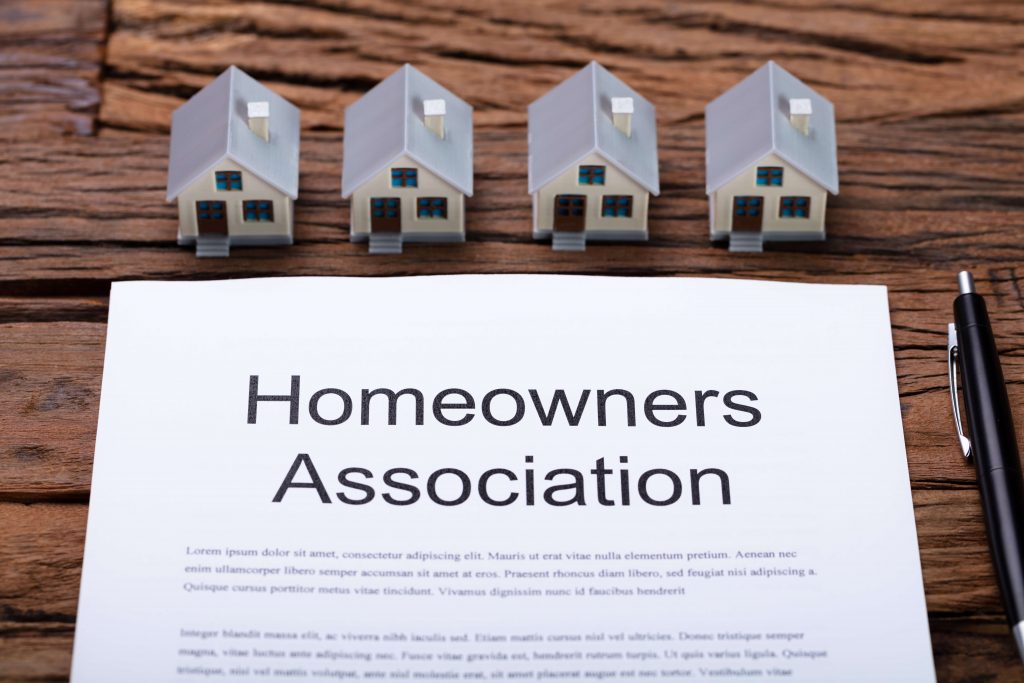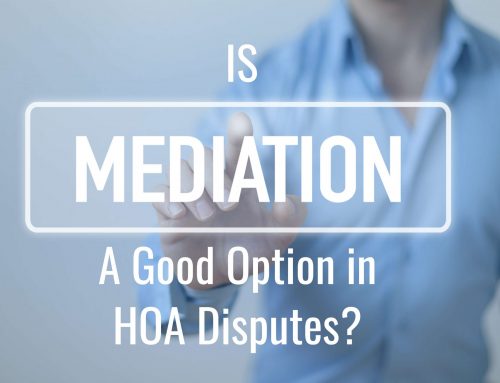When should our Homeowners Association (HOA) update our Governing Documents?
Every 5 years. A well run HOA wants to keep abreast of community changes that may need to be reflected in the HOA Governing Documents, as well as statutory changes that may be enacted by the legislature.
It is important to remember that there are three types of governing documents that affect the day-to-day operations of an HOA and its members. They are the following:
- Covenants, Condition & Restrictions (CC&Rs)-These are the recorded documents that bind together the separate properties contained in your HOA. Your CCRs are the primary source of the rights and obligations of each property owner and the HOA.
- Bylaws-If the CCR’s tell you “what” is covered, the bylaws tell you “how” to do it. These are the internal rules that establish how your HOA should be managed.
- Rules & Regulations-These often act as a catch-all for how members should work with each other. For example, a rule that states all HOA members have to exit the playground facilities before 9 pm. The Rules and Regulations are subject to more frequent change than the CCRs and Bylaws.
An HOA that is considering updating its governing documents should follow these basic steps:
- Seek legal advice; and
- Determine the requirements of how each of the three types of governing docs may be changed; and
- Determine what changes need to be made as a result of changes in your community; and
- Determine what changes need to be made as a result of changes in the law; and
- Clearly communicate with your members as to why these changes need to be made; and
- Allow for member discussion prior to enacting the changes.
People are often averse to change. More often than not, this is because they have not been involved in the “change” process or because they do not understand why a change is necessary. Clear advice from your HOA legal counsel can assist you in the process.
Whether your HOA is in Kentucky or Indiana, the Louisville area based attorneys at Vaughn & Smith can assist you in this process.






Leave A Comment